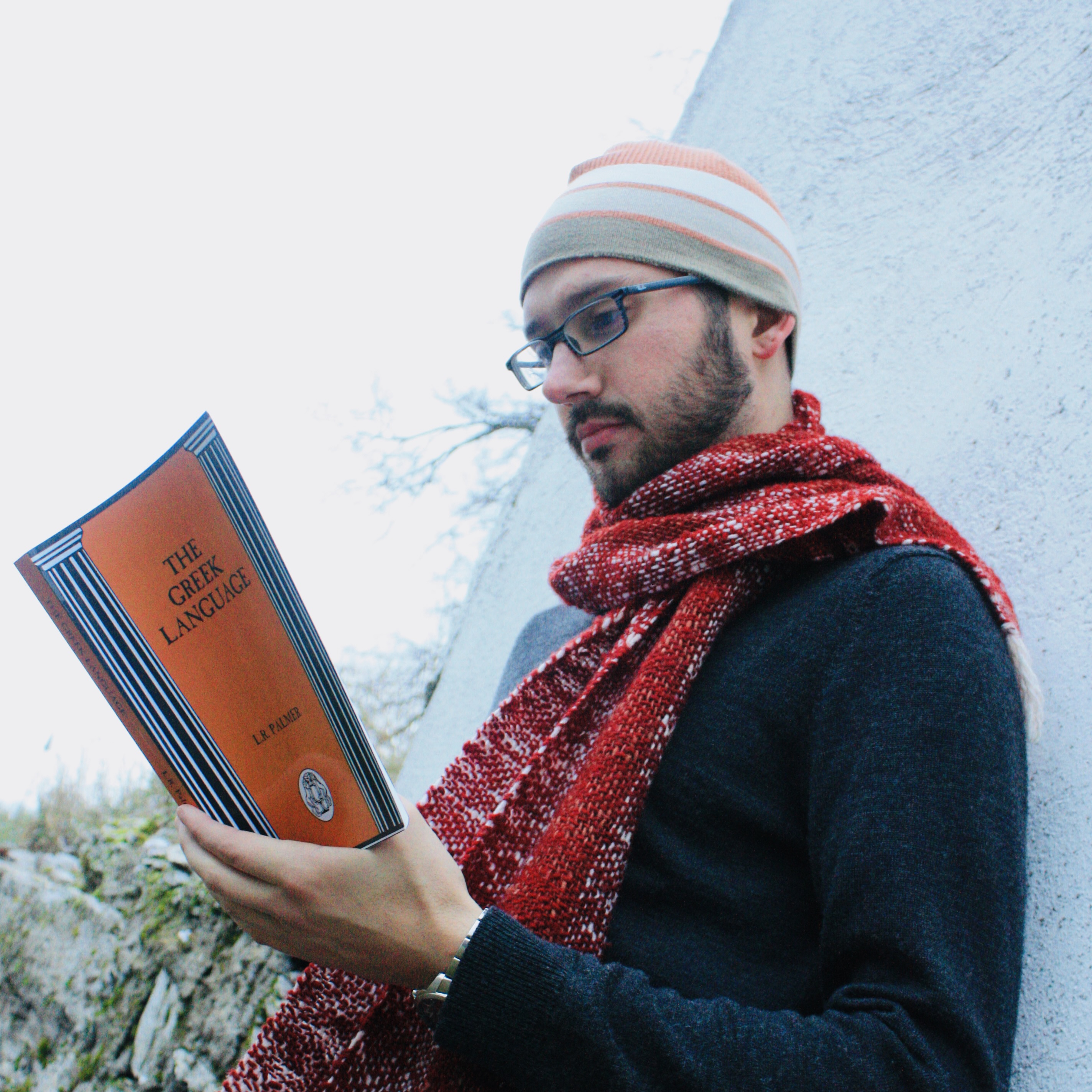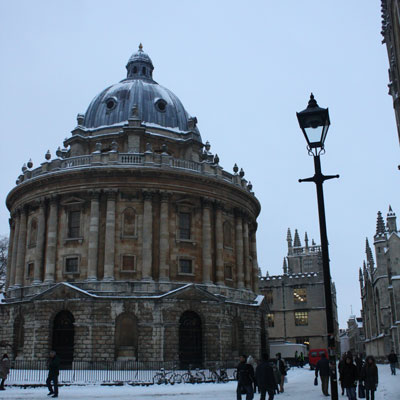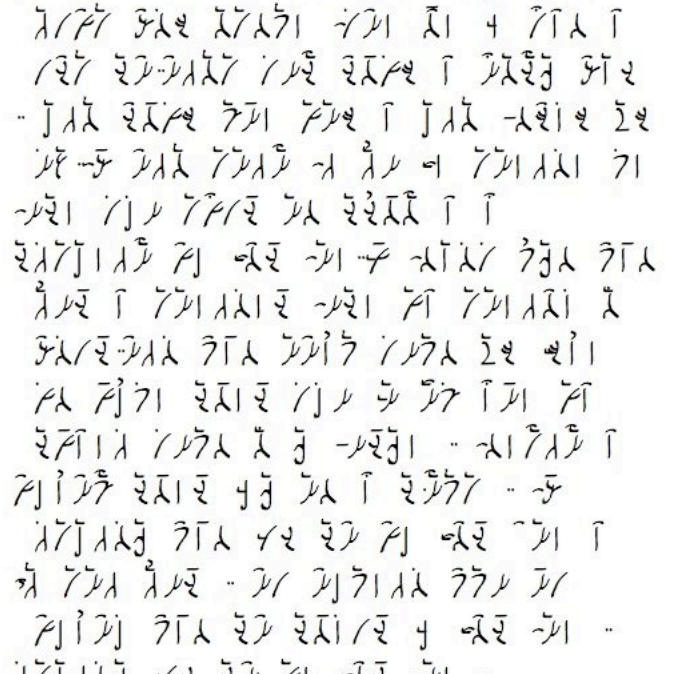
I have loved learning and playing with languages ever since I was young. Like many, it was discovering the wealth of creativity in J.R.R. Tolkien's fictional tongues that opened up a world of fascination with language. It showed me language as a vehicle for expression and exploration, not just communication. I've always thoroughly enjoyed learning languages, and have spent time digging into a variety of them, from Spanish to Swahili! Beyond the practical I also spent a few years pursuing linguistics academically, which was immensely interesting.
Education at Oxford

When I finished my MA in Philosophy, I almost went on to do a PhD but decided to gain some career experience first. I worked for 5 years and took a sabbatical, during which I took stock of some of my core interests and passions. Through that process I decided that I wanted to approach language and the study of language itself in a less amateur fashion. So I did an MPhil in the Faculty of Linguistics, Philology, & Phonetics at Oxford University, supported by a scholarship at Jesus College.
In this program I had several areas of focus:
- Syntax - understanding how words can be put together to form larger units of linguistic structure.
- Morphology - understanding how words themselves can be put together from smaller bits.
- Computational Linguistics - using computational techniques to answer linguistic questions.
- The History of Ancient Greek - charting the path of the Ancient Greek dialects through roughly 1,000 years of ancient history.
Thanks to the wonderful instruction I received from my professors, and especially my supervisor Mary Dalrymple, my MPhil thesis was submitted to the Oxford Research Archive for digital publication, and featured on the department's website as having earned a distinction.
Selected Works

My stint as a quasi-professional linguist was short-lived. After the completion of my MPhil, I signed on to do a PhD at the University of Chicago with the intention of pursuing the academic life. However, during my last year at Oxford I was also working on a tech startup called Comendi, and a few weeks before moving to Chicago my co-founder and I decided to make the attempt at running Comendi as a real company in San Francisco. So I never started my PhD, or did much with linguistics academically from that point on. I continue to engage with language in creative ways (immersive fantasy novel with realistic languages coming sometime before I die!), however. Anyway, here's some of the work I've done in the area.
A lexical-functional analysis of Swahili relative clauses
This is my MPhil thesis for my degree in General Linguistics and Comparative Philology at Oxford. It gives an overview of Swahili syntax, along with the linguistic theory of Lexical-Functional Grammar, and uses this theory to propose a new model for analyzing relative clauses in Swahili. Ultimately I argue that the conceptual resources of Lexical-Functional Grammar offer a better explanation of relative syntax than previous work was able to achieve.
XSMA: A finite-state morphological analyzer for Swahili
This is a major paper I wrote for my linguistics degree. It details a computational morphological parser I wrote, designed to parse Swahili words into their morphological components. This parser was a relatively complete, and yet relatively minimal model of Swahili's morphology.
Enaselvai: A Sketch of a Constructed Language

Given my love of Tolkien's fictional languages, it was only natural that I (like many other nerds) ended up creating constructed languages ('conlangs') of my own, though none of them ever became very complete. The most fleshed-out project was a language called Enaselvai, which has some pretty obvious affinities with pre-existing natural languages like Latin. I even wrote this paper about constructed languages and the structure of Enaselvai. You can see some of the script I created for its writing system in the attached image!